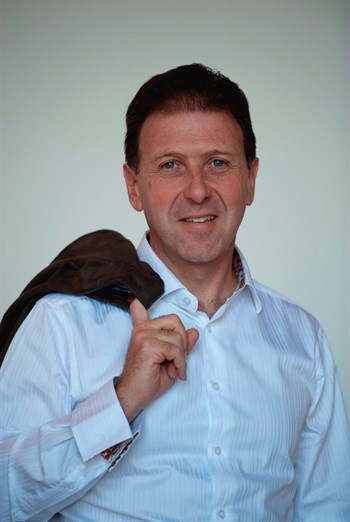Tech narrows geographical boundaries

Online media and the incentive to travel
A travel journey begins in the imagination, and, as we’ve seen with Elon Musk, the imagination is limitless. The first incentive to travel could be a glimpse of a destination on TV or on a social media channel. In fact, social media posts on Instagram have probably done more to prompt travel than we’re prepared to admit.
Instagram was launched in 2010 and yet it has now become the home of choice for travellers, travel bloggers and anyone who likes great pictures. It allows you to curate a trip (or your explorations of your own hometown), so you can display the food, people, landscapes and sounds of a place. If you want to find out more about a spot that looks interesting, you can just experiment with a couple of hashtag searches. More importantly, there’s a community engaged with the platform, so if you’re planning to travel, you can chat to people who know the space, tourists and locals alike. Twitter and Facebook are also valuable from this perspective, and they’re only slightly older in age as companies.
What would travel planning be without Google? More than just a search engine, its many applications allow you to immerse yourself in a place – you can find places to see, eat and stay, and then maps to navigate with and places to store your photos or playlists to entertain you on the road. A map is more than a static sheet, it can highlight places of interest, the time it takes to get somewhere (including live information about roadworks or other disruptions). It speaks to you, too.
Travelling light
There’s that joke: a photon walks into a hotel. The desk clerk says, "Welcome to our hotel. Can we help you with your luggage?" The photon says, "No thanks, I'm travelling light." It’s more than just a joke. It has captured how the forever young market is wanting to explore: unburdened by huge amounts of luggage and able to be spontaneous. This is proven by a number of changes in travel habits.
In some progressive countries, you can hire almost everything, from clothes to accessories – you literally don’t need a suitcase anymore. Visitors step off the plane, bypass the luggage carousel and head straight to the action. Instead of hiring a car, with the various responsibilities that entail international drivers’ licences and large deposits, or having to wait for a bus, they can access a ride-hailing service by downloading an app within seconds. Increased mobility means more opportunities to explore.
That device you carry around is central to so many of the improved processes you’ll encounter when travelling. You may be able to research, book and pay for a hotel visit using your cell, or enjoy mobile check-in. Some hotels allow you to use your phone to access your room, removing the need for keys.
Data driven travel insights
What this does is drive accessibility in tourism and that is what's helping narrow geographical borders. In the 60s, media theorist Marshall McLuhan coined the phrase, “the global village”, predicting the World Wide Web some 30 years before it was created. He died in 1980, long before we saw those boundaries being softened and then finally, almost removed completely. The immense task that it used to be to research and arrange travel is now done at almost Hyperloop speed. You could wake up in the morning with the urge to go away and be enjoying a cocktail in another destination by the afternoon. That’s pretty cool.
Behind it all, data and the insights provided by data analytics help tourism professionals provide a more personalised service that sees you getting offered what you’re most likely to want, when and how you want it.
With so many changes in the past decade alone, it’s astounding. Can you image what developments will bring the world’s people and places closer in the next decade?































